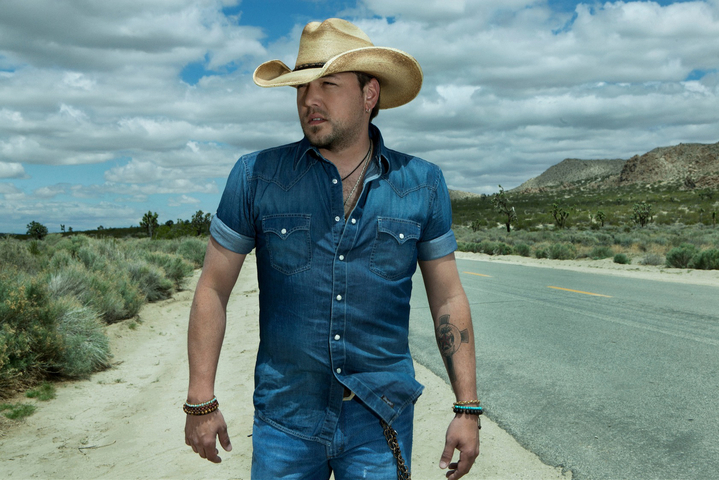MARSIA JOHNSON; Opinion Editor; johnsomp@plu.edu
You’ve probably heard the saying “black and white thinking doesn’t work in a gray world.” Black and white thinking implies that the world is divided into twos. Questions are answered in yes vs. no, always vs. never, right vs. wrong rather than “it’s complicated.” While most people probably acknowledge that we live in a complicated gray world, the practice of gray world thinking is elusive, which is understandable considering some things seem so universally right or wrong.
For example, many people say cheating, bullying, etc. are obviously wrong, but other controversial topics are trickier to place in the two categories.
I went to a Bible study group on campus for the first time the day after Donald Trump was elected. During the sermon, the leader said if you voted for Trump or did not vote in the election, you were not a Christian and you shouldn’t even bother going to church.
While I do not identify as a Trump supporter, I think this was an inappropriate thing to preach. I took issue with this for a multitude of reasons, especially relating to my faith, but this is just one example I’ve seen where people will turn to extremes to express their opinion.
I couldn’t help feeling upset by the speaker’s remark. I felt like I gave them the impression that I had voted for Trump because I didn’t outwardly express shaming Trump supporters.
I personally like to be more private when discussing my politics. Usually when people ask if I’m a Democrat or Republican, the answer “neither” doesn’t sit well with them.
If it’s not this, then it’s that.
If you think this, you’re wrong.
If you’re not with us, you’re against us.
I can’t help but playing the devil’s advocate when I come across extreme views. When I am with strictly conservative people I feel more liberal. When I’m with extreme liberals I feel more conservative. I feel ashamed sometimes to take the liminal approach and try to describe my gray point of view. Am I a liberal conservative or a conservative liberal? Even this wishy washy way of phrasing these two things can put me at odds with the extremes.
There are other students at PLU who feel the same way. I believe that being extreme is a dangerous game to play. That is not say that you can’t believe in anything so strongly as to confidently express your opinion, and I am in no way against the majority of people who identify with either of the two parties.
I’m simply proposing that we acknowledge that the issues we face in society are more complex than just the “black and white” opinions, and if people have different views we shouldn’t be so quick to place them in the realm of outright wrong. We should make Pacific Lutheran University a more welcoming place for people to express their views in a respectful manner rather than creating an exclusive environment.
I cringe when people ostracize others when they find out that they’re a “bleeding-heart liberal” or “evil republican.” I know these names are spurned from a long history between the two parties, but in my opinion, we need to stop the finger-wagging, name-calling bullcrap. Furthermore, we can create a mutual respect for different views which includes moderate “gray” views.
Can we all agree on one thing? Life’s complicated.

















